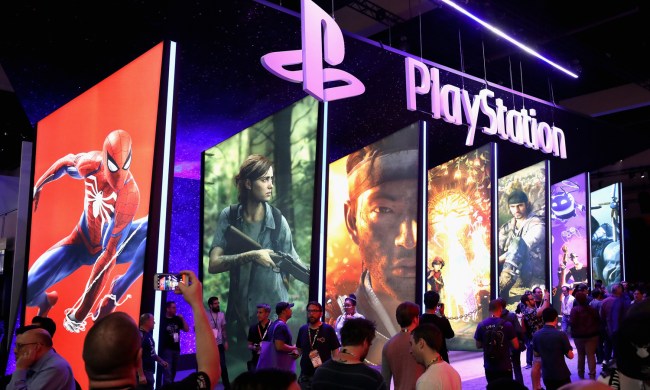The Entertainment Software Association (ESA), which represents the interests of the video game industry and puts on the annual E3 gaming confab, apologized for “perpetuating a harmful stereotype” after backlash for linking to an article about games for women.
ESA published a tweet to the E3 Twitter account on Tuesday, August 18, that linked to a Parade article about the “25 best online games for women” that perpetuated stereotypes about female gamers.
Soon after, Twitter users criticized ESA for sharing the article, prompting the organization to yank down the post.
“We messed up,” the ESA said in a follow-up tweet. “We are taking down the post and apologize for perpetuating a harmful stereotype. We will do better.”
ESA did not immediately respond to Digital Trends’ request for comment.
Despite the apology, many female gamers continued to criticize the organization on Twitter. One user asked if the organization thought “this stereotype of women is funny.” Others called on ESA to talk to female gamers before posting items like the Parade piece.
Parade also took down the article following the outcry and said in its own tweet that it made the decision “after hearing your comments and reviewing again.”
The article, which is still available in the Web Archive, lists a variety of games available online. Its first sentence reads, “girls love gaming just as much as men.”
The video game industry has been criticized for years for being a male-dominated industry with a disturbing track record in its treatment of women. Earlier this year, in fact, hundreds of women in the industry recounted instances of sexual harassment, assault, and abuse.
Ubisoft, one of the industry’s most prominent studios, has fired several men who have been accused of sexually harassing women.
The issue also extends to the hiring process, where women are often underrepresented. While women make up 41% of the total number of video game players in the U.S., they account for just 22% of the game industry’s workforce, according to ESA data. Although that figure is still dangerously — and troublingly — low, the number of women working in the industry has nearly doubled since 2009.


